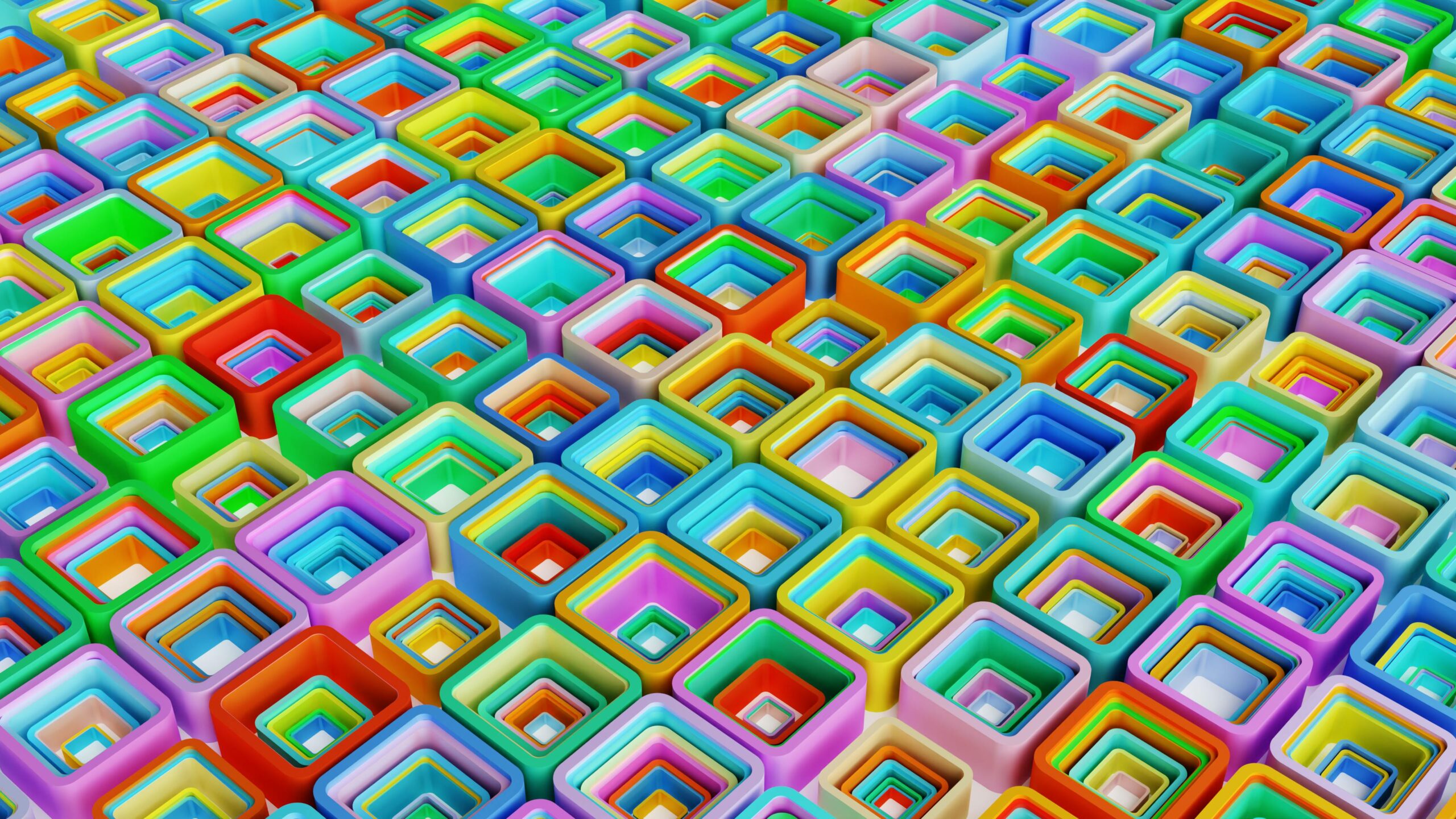Introduction
I’ve always been fascinated by how our minds heal , how something broken can find light again. Psychedelics, once dismissed as dangerous, are now emerging as possible allies in that process. But what do we really know about their relationship with mental health?
Psychedelics may support mental health by enhancing neuroplasticity, reducing symptoms of depression, PTSD, and anxiety, and fostering emotional insight , but only under safe, supervised conditions.
The Science Behind Psychedelics and the Brain
Research shows that psychedelics like psilocybin, LSD, and MDMA affect serotonin receptors in the brain, increasing communication between neural networks that are usually separate. This can create a temporary “reset” effect, helping people break free from rigid thought patterns. Studies at Johns Hopkins and Imperial College London demonstrate reduced depressive symptoms after guided psychedelic therapy sessions (Nature Medicine).
Therapeutic Potential and Clinical Evidence
Psilocybin-assisted therapy has shown promising results for treatment-resistant depression. MDMA therapy, under clinical supervision, has helped veterans and trauma survivors with PTSD. Ketamine, though technically a dissociative rather than a classic psychedelic, is already approved for depression treatment in several countries. These findings suggest a paradigm shift in mental health treatment (APA Monitor).
Emotional and Spiritual Benefits
Beyond symptom reduction, psychedelics can foster deep emotional release and reconnection. Many report feelings of unity, forgiveness, and meaning. As Brené Brown reminds us, “Owning our story and loving ourselves through that process is the bravest thing we’ll ever do.” Psychedelic experiences can sometimes make that inner journey visible.
Risks and Ethical Concerns
Despite the potential, psychedelics carry real risks. Unsupervised use may trigger panic, psychosis, or trauma resurfacing. Safe use requires psychological screening, professional guidance, and post-session integration. Ethical use also demands respect for indigenous origins and responsible clinical practice (Psychology Today).
The Integration Process
Integration , the reflection and application of insights , is as important as the experience itself. Without it, profound realizations can fade or confuse. Therapists and coaches trained in psychedelic integration help individuals translate experiences into long-term emotional growth and behavioral change.
Looking Forward
The intersection of psychedelics and mental health invites us to rethink healing as more than symptom management. It’s about reconnection , to self, to others, and to the world. With humility and science guiding us, psychedelics may become bridges toward a more compassionate understanding of the mind.
For more insights, visit our Healing Through Self Development and Self Awareness pillars.
References: Nature Medicine, APA, Psychology Today.



